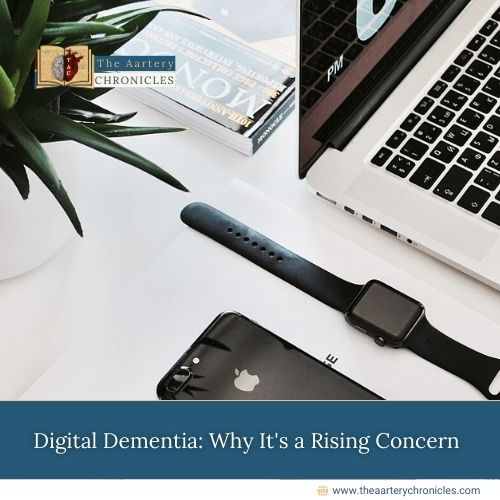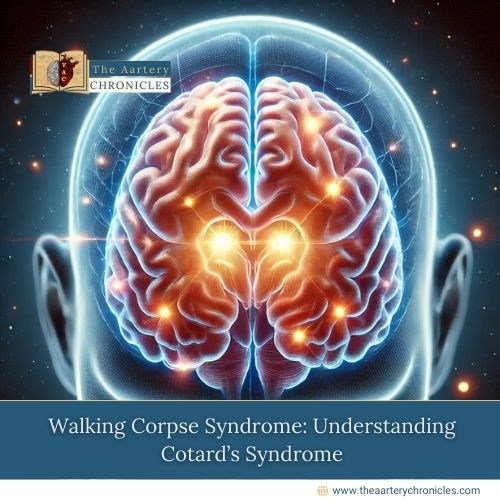

8 Commonly Asked Questions When Visiting a Psychiatrist
Visiting a psychiatrist can be an important step towards managing mental health concerns and seeking professional guidance. However, for many individuals, the prospect of a psychiatric appointment may evoke uncertainty and raise numerous questions. In this blog, we will address the most commonly asked questions when visiting a psychiatrist, aiming to provide clarity and alleviate concerns surrounding this crucial aspect of mental healthcare.
What can I expect during my first appointment with a psychiatrist?
Understanding what to expect during your initial visit is essential. Generally, the psychiatrist will conduct a comprehensive assessment, which may involve discussing your symptoms, medical history, and current challenges. They may also inquire about your personal and family background, lifestyle factors, and any previous mental health treatments. This evaluation helps the psychiatrist gain insights into your unique situation and formulate an appropriate treatment plan.
Will I need therapy, medication, or both?
The treatment approach varies depending on the individual's needs. Psychiatrists are qualified to provide therapy, prescribe medication, or recommend a combination of both. They will assess your condition and collaborate with you to determine the most suitable treatment plan. This may involve therapy sessions to address psychological issues and/or medication to manage symptoms.
How long will the treatment process take?
The duration of treatment depends on several factors, including the nature and severity of the mental health condition, individual progress, and treatment goals. Some individuals may experience significant improvement in a relatively short period, while others may require long-term care. The psychiatrist will work with you to establish realistic expectations and create a treatment timeline tailored to your specific needs.
What are the potential side effects of medication?
Medication side effects can vary depending on the specific medication prescribed. It is crucial to discuss potential side effects with your psychiatrist. They will explain the benefits and risks associated with any prescribed medications and monitor your response closely. Open communication regarding side effects is essential, as adjustments to the medication regimen can be made if necessary.
Can I continue therapy or counseling alongside psychiatric treatment?
Absolutely. Psychiatric treatment and therapy can often complement each other. In fact, many individuals find that a combination of medication and therapy yields the most effective results. If you are currently engaged in therapy or counseling, inform your psychiatrist, as they may coordinate care with your therapist to ensure a comprehensive and cohesive treatment approach.
How frequently will I need to visit the psychiatrist?
The frequency of appointments will depend on various factors, including the treatment plan, individual needs, and progress. Initially, appointments may be more frequent to closely monitor your response to treatment. As symptoms stabilize and improvement occurs, appointments may become less frequent. Your psychiatrist will establish a follow-up schedule tailored to your progress and ongoing treatment requirements.
Is everything I discuss with the psychiatrist confidential?
Confidentiality is a fundamental aspect of psychiatric care. Psychiatrists are bound by professional ethics and legal obligations to maintain patient confidentiality. However, there are exceptions in cases where there is a risk of harm to yourself or others. Your psychiatrist will explain the limits of confidentiality during your initial appointment, ensuring that you understand the parameters of privacy and trust.
What can I do to make the most out of my appointments?
To optimize your appointments, it is helpful to prepare in advance. Make a list of your concerns, symptoms, and any questions you may have. Be open and honest about your experiences and thoughts. This will assist the psychiatrist in gaining a comprehensive understanding of your mental health and provide the best possible guidance and treatment.
Conclusion

TAC Desk








